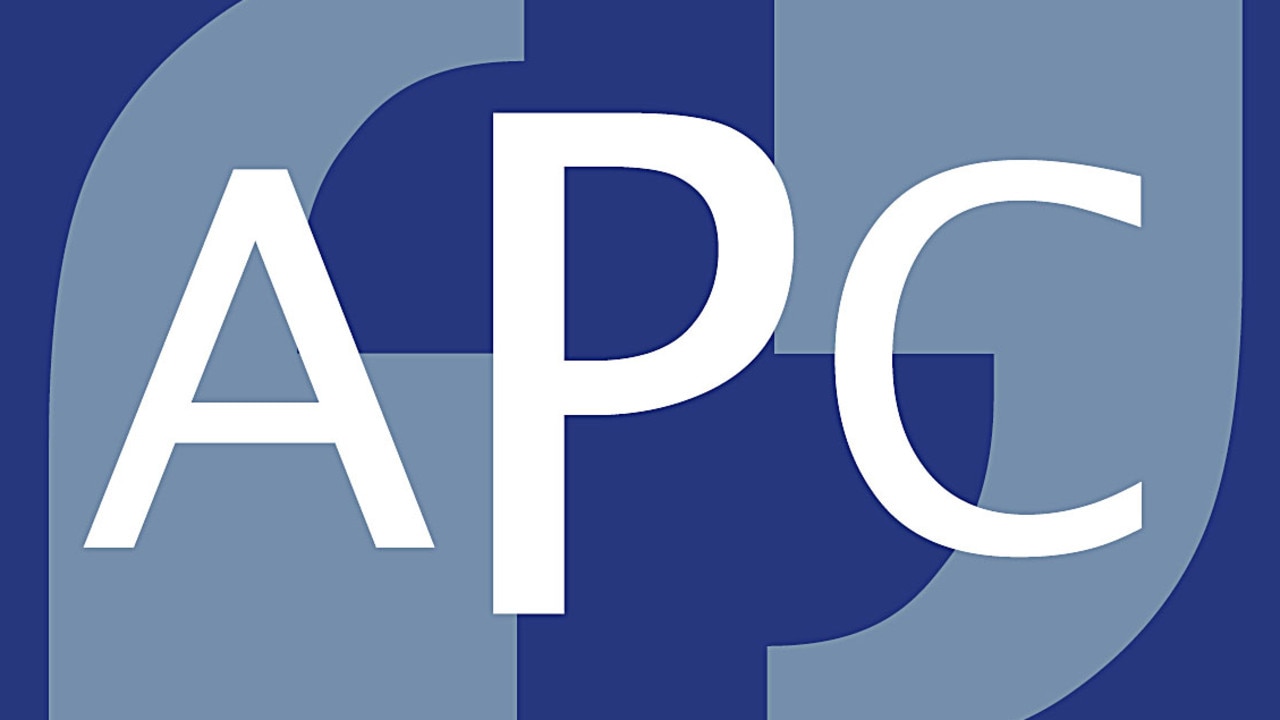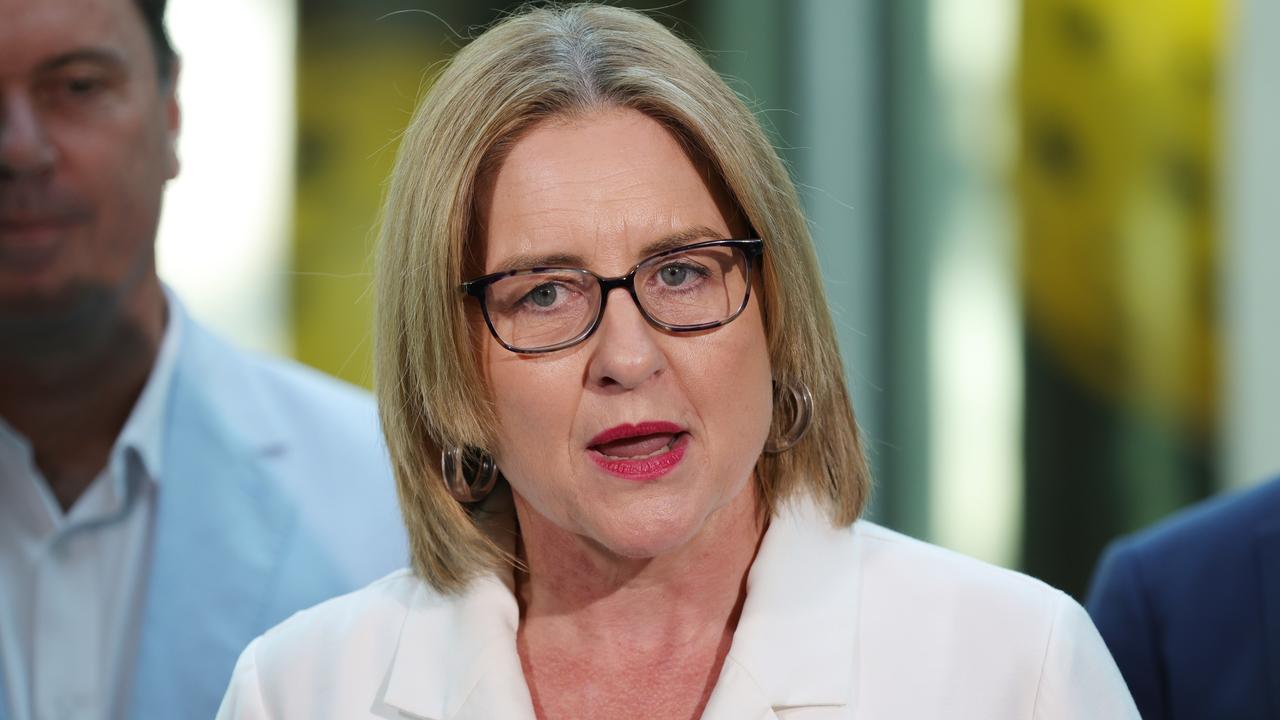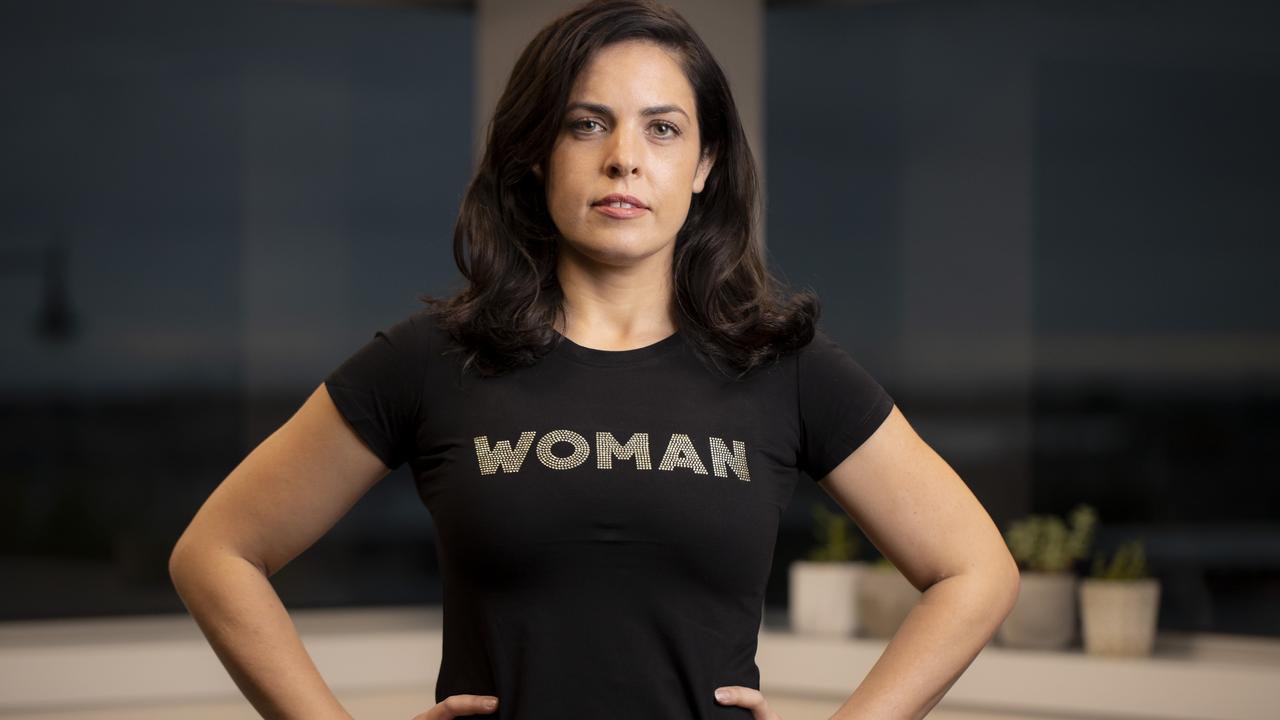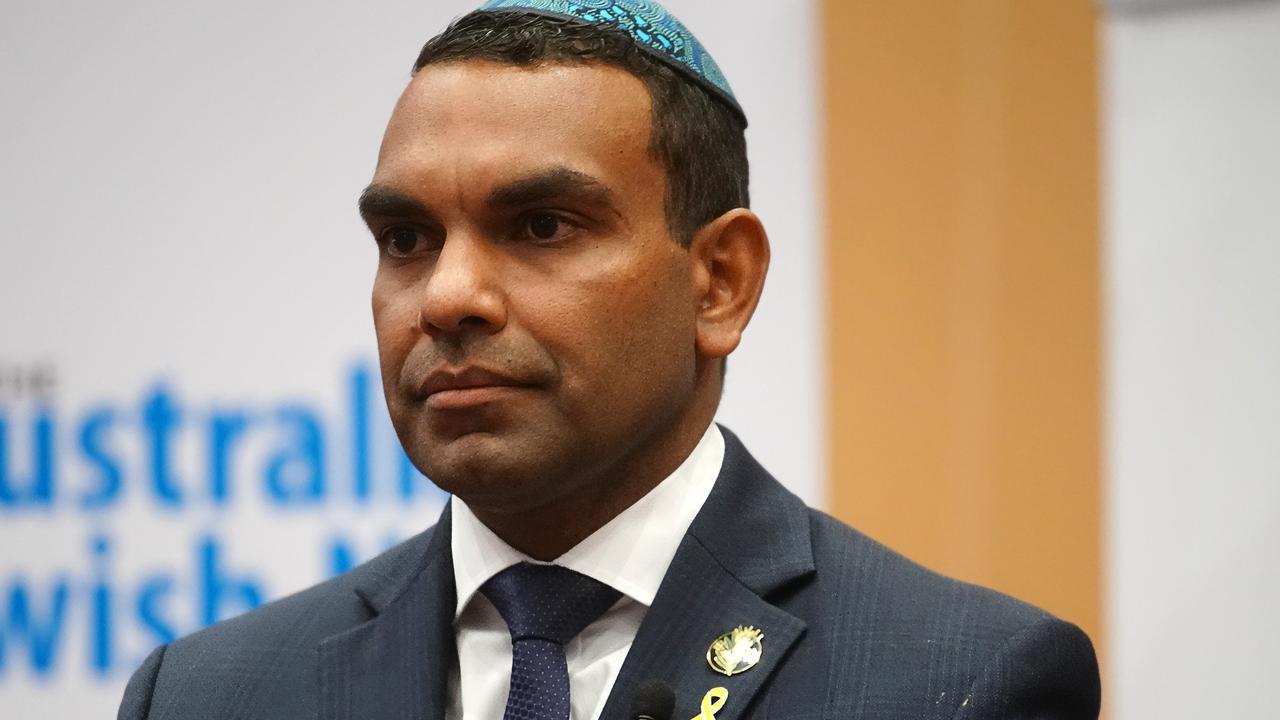‘Good job’: Victorian GP touched, sexually harassed medical student
A doctor who inappropriately touched a medical student multiple times while patients were in the room with them, and exploited their “power imbalance”, is still allowed to practise medicine.
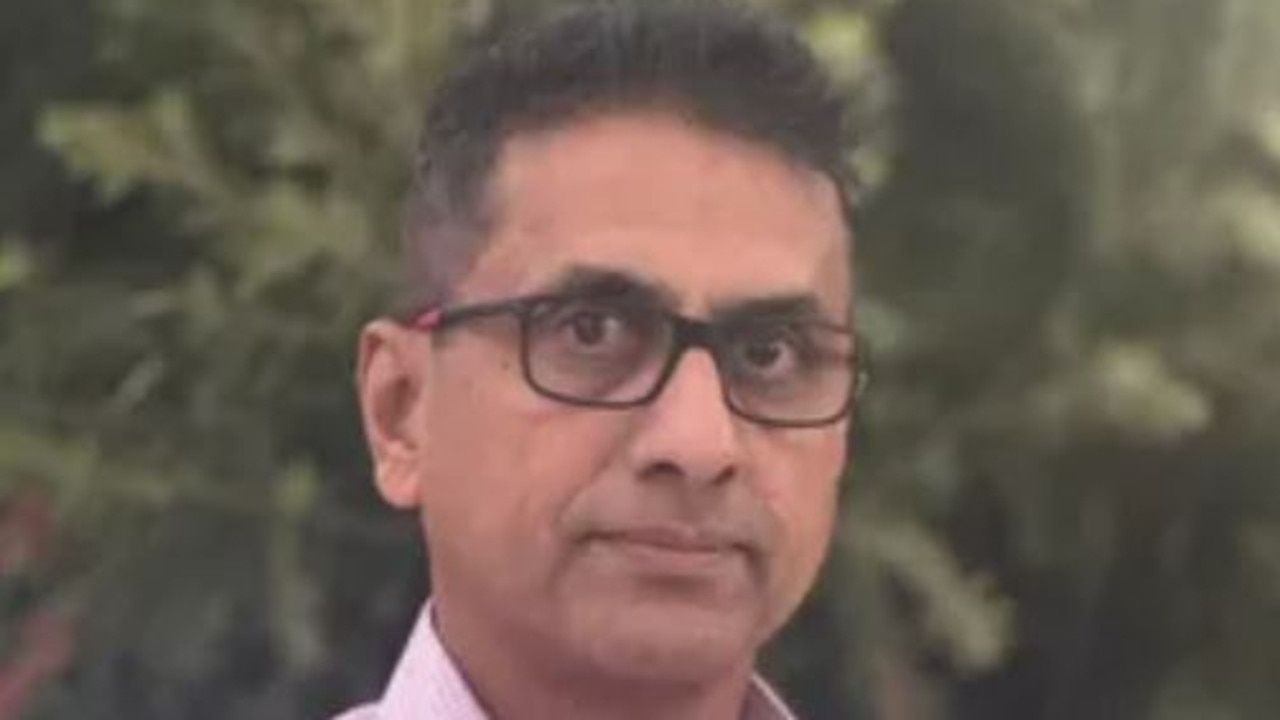
Victoria
Don't miss out on the headlines from Victoria. Followed categories will be added to My News.
A doctor inappropriately touched a medical student multiple times while patients were in the room with them and exploited their “power imbalance”, a tribunal has found.
VCAT documents show general practitioner Dr Widana Pushkara Epa sexually harassed a student, and even asked to visit her house, during her placement at a clinic in regional Victoria.
A tribunal found Dr Epa repeatedly rested his hand on the student’s “inner thigh” during multiple appointments over two days while she was training with him.
The panel heard, the first time, Dr Epa knelt beside Ms P, “between her and the patient” and placed his hand on her “inner left thigh … quite close to her groin area” for two minutes or so.
They found, by day two, he did so almost every appointment and, when he told her “good job … or words to that effect” while “rubbing” her “buttock and hip” when she removed a patient’s stitches.
Public records show Dr Epa — often known as Dr Pushkara or Dr Push — is still permitted to practise medicine and lists his primary location as Wodonga.
In findings handed down last week, members John Billings, Dr Roderick McRae and Dr Laurie Warfe ruled Dr Epa failed to maintain professional boundaries and the touching amounted to “sexual harassment”.
“We are comfortably satisfied that the contact was not necessary; not accidental; and not otherwise unintentional,” they said.
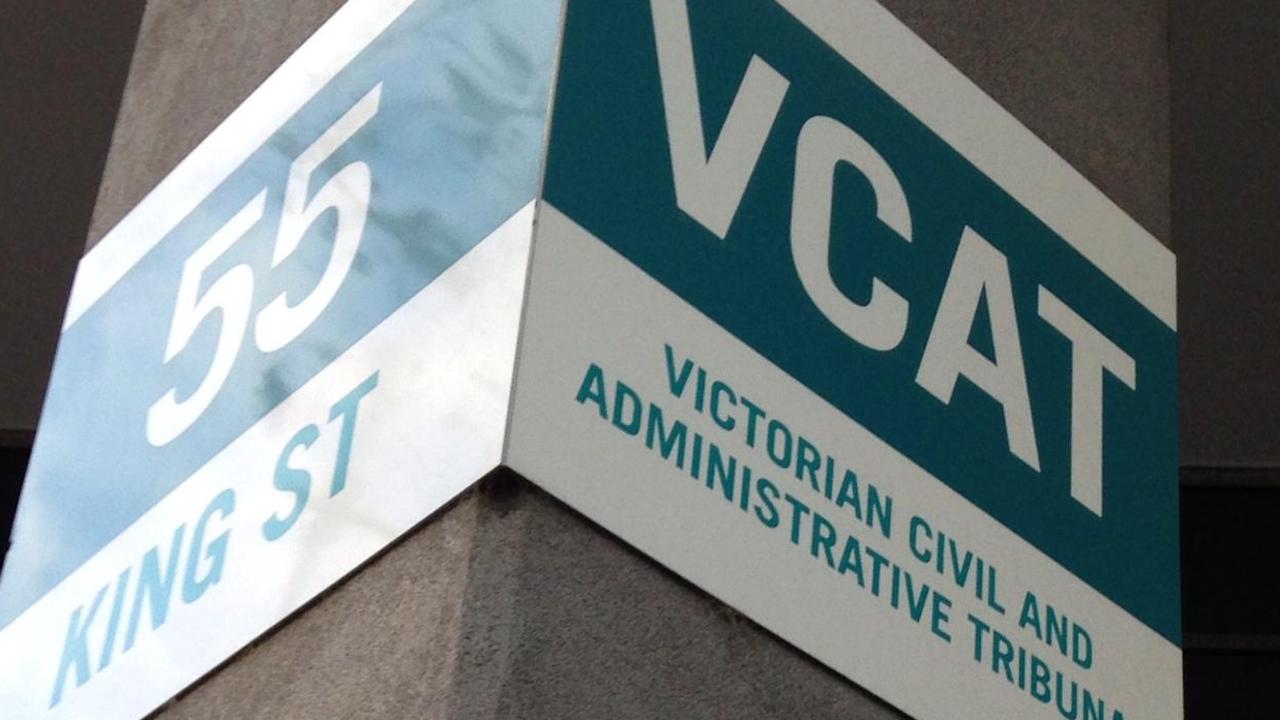
“Dr Epa took advantage of the power imbalance between supervisors/assessors and students.”
Ms P, who legally cannot be identified any further to protect her privacy, was under Dr Epa’s supervision and, after complaining to her university, finished her placement elsewhere.
The tribunal ruled that another instance, a few days prior, where Dr Epa had rubbed her general waist area, was considered a breach of professional boundaries but, unlike the other instances, did not define it as “sexual” conduct.
They also found that Dr Epa did not breach professional boundaries when he asked Ms P for her phone number and address, finding the clinic had previously requested students contact details.
The panel found Ms P to be a “credible and reliance witness” for the “essential elements of the case”, and said statements from people she spoke to in the aftermath of the incident support this.
They rejected the argument that small inconsistencies, or differing levels of detail between people’s accounts of those conversations undermined Ms P’s credibility.
“We have considered the whole of evidence,” they said.
Dr Epa denied any deliberate, inappropriate touching or harassing of Ms P.
He told investigators the incident, where he “brushed” her, was probably him pushing her because Ms P stepped on his toes but he “can’t remember what happened”.
The tribunal heard there had been no prior notifications about Dr Epa, and four health practitioners who had worked with him vouched for his good character.
But the panel found Dr Epa’s responses when interviewed by the Australian Health Practitioner Regulation Agency were “vague, contradictory and unconvincing”.
The panel will meet at a later date to decide “appropriate determinations”.
Originally published as ‘Good job’: Victorian GP touched, sexually harassed medical student

